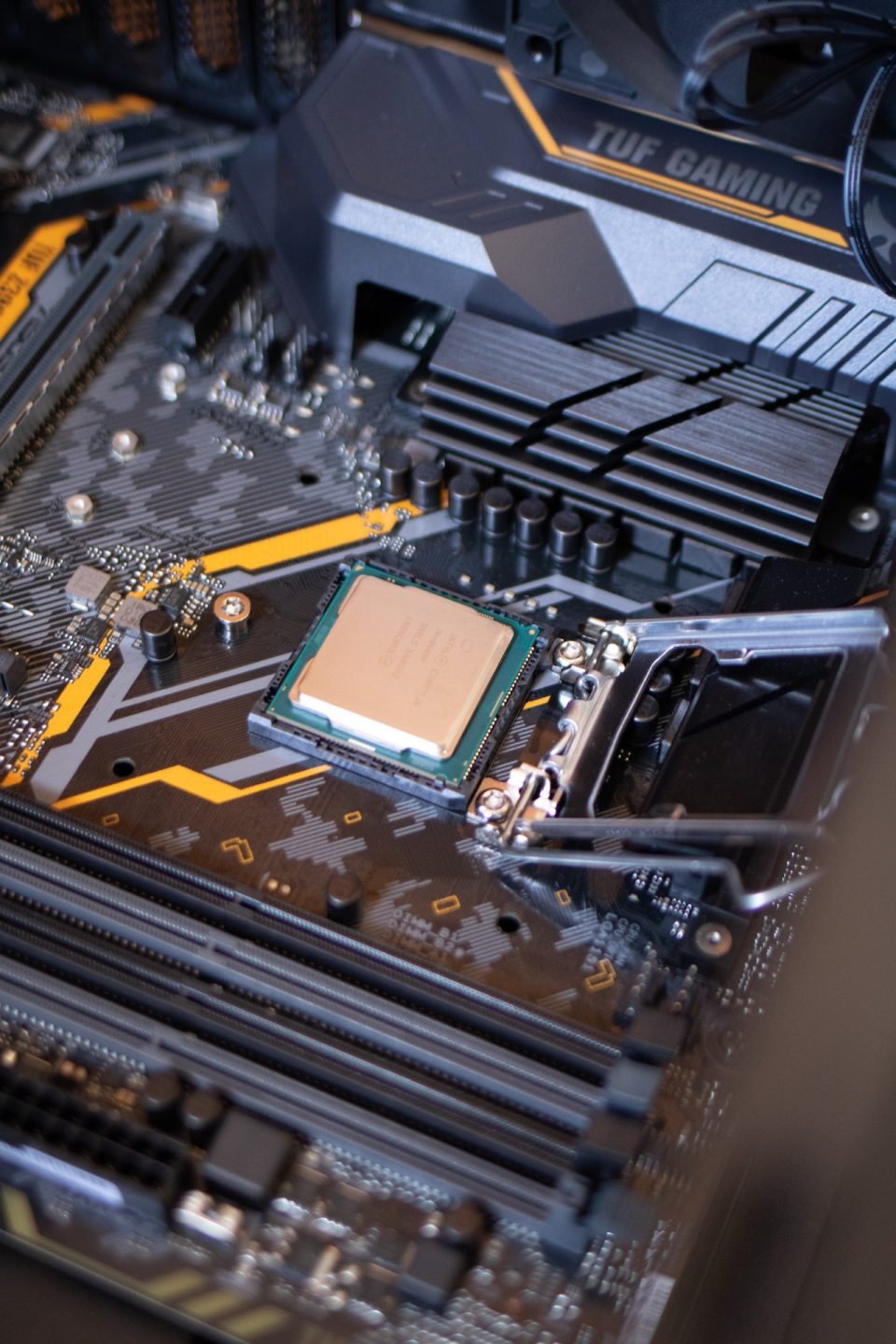Graphics processing giant Nvidia shattered expectations in its latest quarterly revenue forecast, riding the wave of the artificial-intelligence boom that has stoked demand for its cutting-edge chips. The company also disclosed plans for a massive $25 billion stock repurchase, propelling its shares to new heights after the markets closed on Wednesday.
The revenue prediction for the quarter left analysts astounded as the forecast of Nvidia outperformed by billions of dollars, underscoring the unstoppable momentum of generative AI technologies. These advancements, capable of human-like reading and writing, have become increasingly reliant on Nvidia’s chips, and signs of any deceleration are nowhere in sight.
Nvidia’s colossal $25 billion stock repurchase announcement coincided with a year where the company’s shares had already tripled. This surge in valuation has elevated Nvidia to the unprecedented status of being the first trillion-dollar chip company, fueling investor belief that it’s perfectly positioned to capitalize on the burgeoning AI surge.
According to industry insiders, demand for Nvidia’s coveted AI chips is currently eclipsing supply by a substantial 50% margin. Experts project this demand-supply imbalance to endure for several quarters, affirming Nvidia’s dominant presence in the market.
Jensen Huang, Nvidia’s CEO, affirmed, “Companies worldwide are transitioning from general-purpose to accelerated computing and generative AI.”
The company’s shares surged by 9.6% in after-hours trading, culminating in an all-time high. Notably, the key driver of the quarter’s growth wasn’t solely Nvidia’s chips but the entirety of its AI systems, including complete machines constructed with memory chips from other suppliers and a myriad of components.
Nvidia’s favorable report had a domino effect, sparking upticks in shares of other tech behemoths and AI-focused enterprises. Microsoft experienced a 1.9% upswing, while Meta Platforms and Palantir Technologies recorded gains of 2.1% and 4.6%, respectively, during extended trading.
Renowned analyst Daniel Ives from Wedbush Securities described the results as a “‘drop the mic’ moment” with the potential to create ripples across the tech landscape throughout the year.
As AI startups and major cloud service providers like Microsoft scramble for more Nvidia chips, China’s demand for these chips has reached a fever pitch. Chinese companies are expediting orders to stockpile chips before potential future U.S. export restrictions take effect.
Regarding the potential impact of such export controls, Nvidia’s CFO Colette Kress assured analysts that any new restrictions on AI chip sales to China wouldn’t immediately influence the company’s results. However, she cautioned that these controls would impede the U.S. industry’s opportunity to compete and lead in a vast global market.
The forecast of Nvidia for the upcoming quarter predicts revenue of approximately $16 billion, with an allowable deviation of 2%. In comparison, analysts surveyed by Refinitiv had projected $12.61 billion.
The company’s adjusted revenue for the second quarter amounted to $13.51 billion, surpassing estimates of $11.22 billion. Notably, Nvidia’s data center business spearheaded growth, with revenues surging by 141% to $10.32 billion in the quarter ending July 30. This figure outstripped analyst projections by more than $2 billion, according to Refinitiv data.
Insider Intelligence senior analyst Jacob Bourne remarked, “Its Q2 results underscore its dominant position in harnessing the AI momentum.”
Despite the promising trajectory, challenges lie ahead as Nvidia navigates supply chain complexities to boost production. The company’s investment in securing supply has manifested as a 53% increase in inventory commitments from the previous quarter, driven primarily by the long-term supply needs of its data center chips.
While Nvidia is expected to maintain its AI chip dominance, rivals like Advanced Micro Devices are predicted to gain market share. However, Nvidia’s software holds a substantial lead, leaving analysts confident in its long-term standing.
As AI expenditure continues to grow, traditional server equipment is expected to take a back seat, further bolstering Nvidia’s position.
In the gaming segment, Nvidia’s revenue reached $2.49 billion, surpassing analyst estimates of $2.4 billion, as reported by Refinitiv data.
Excluding exceptional items, Nvidia’s earnings per share for the second quarter amounted to $2.70, outpacing estimates of $2.09 according to Refinitiv data.
For the upcoming third quarter, Nvidia anticipates an adjusted gross margin of 72.5%, with a potential variance of 50 basis points. In comparison, analysts’ average forecast places the gross margin at 70.4%, as per Refinitiv data.
Source: Reuters

